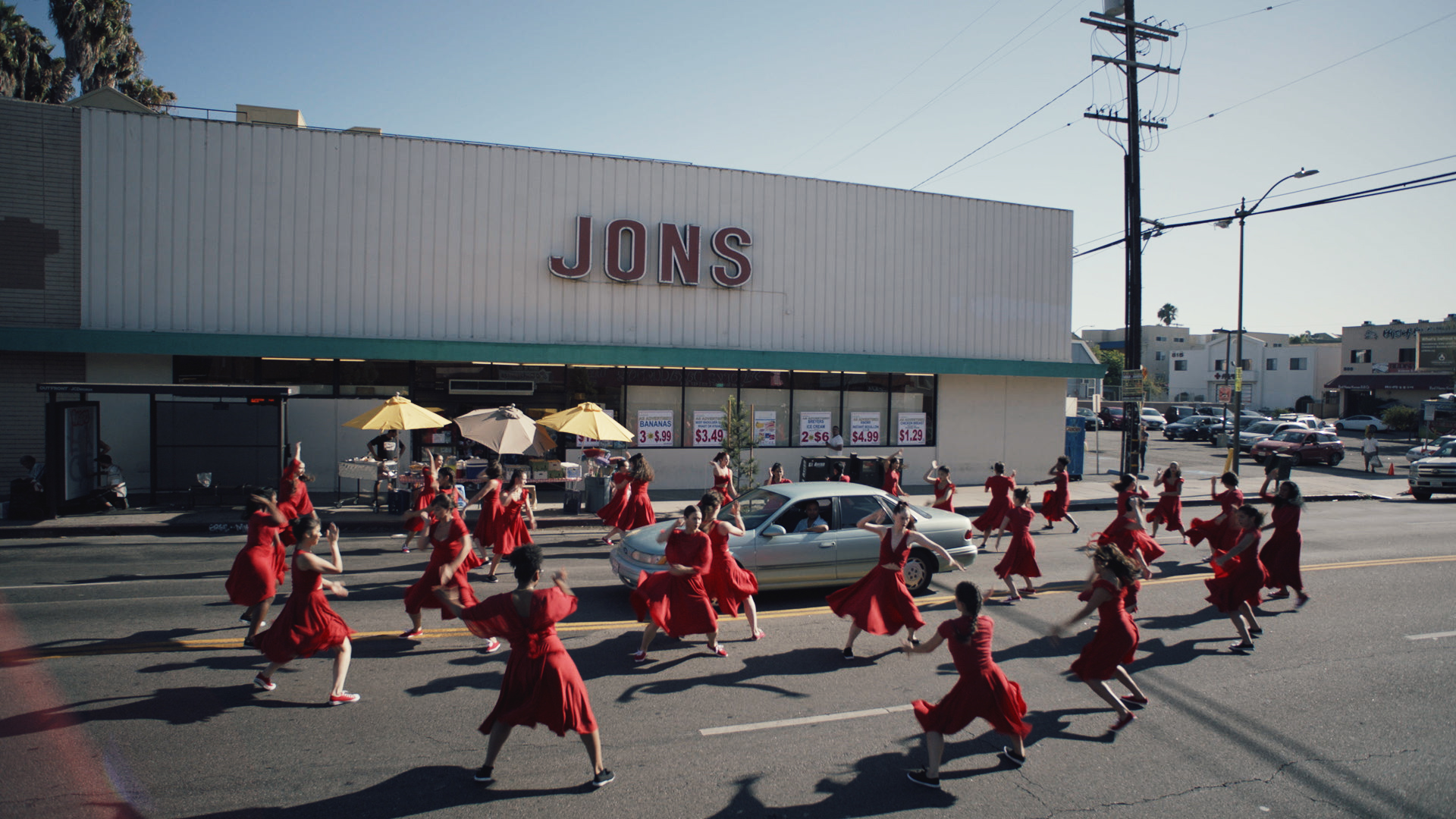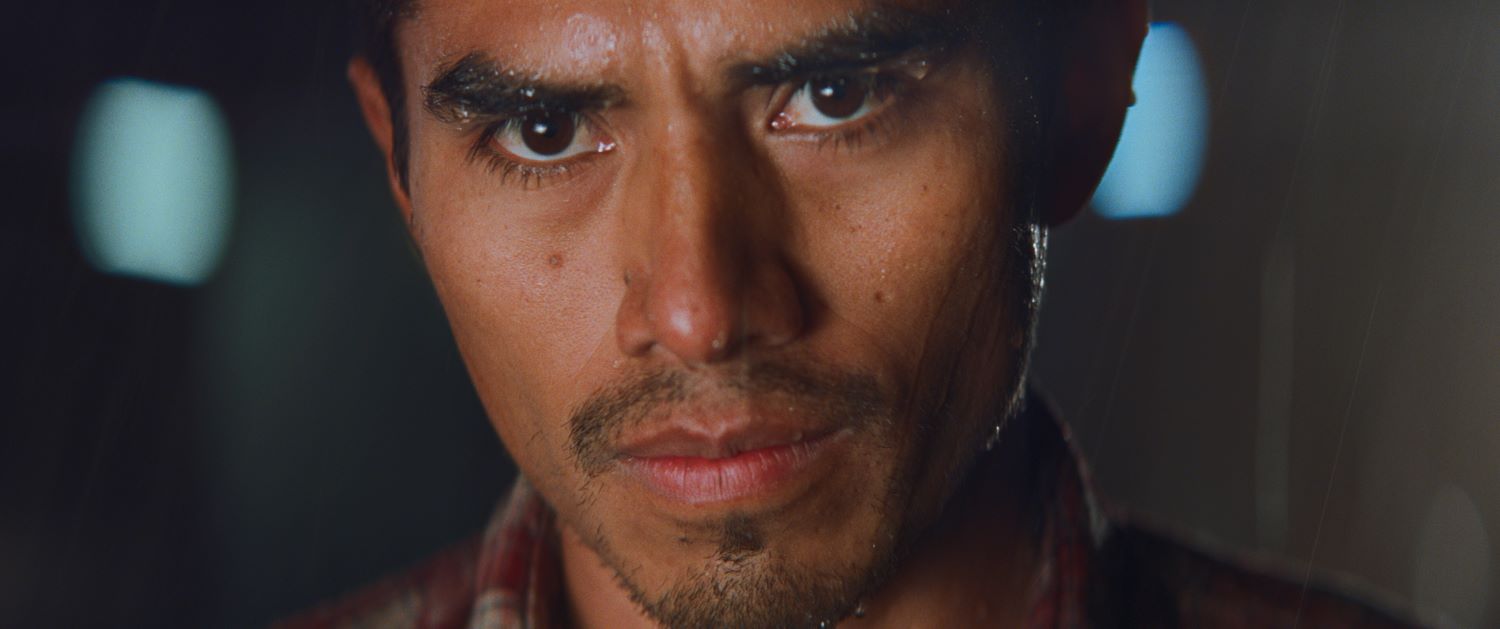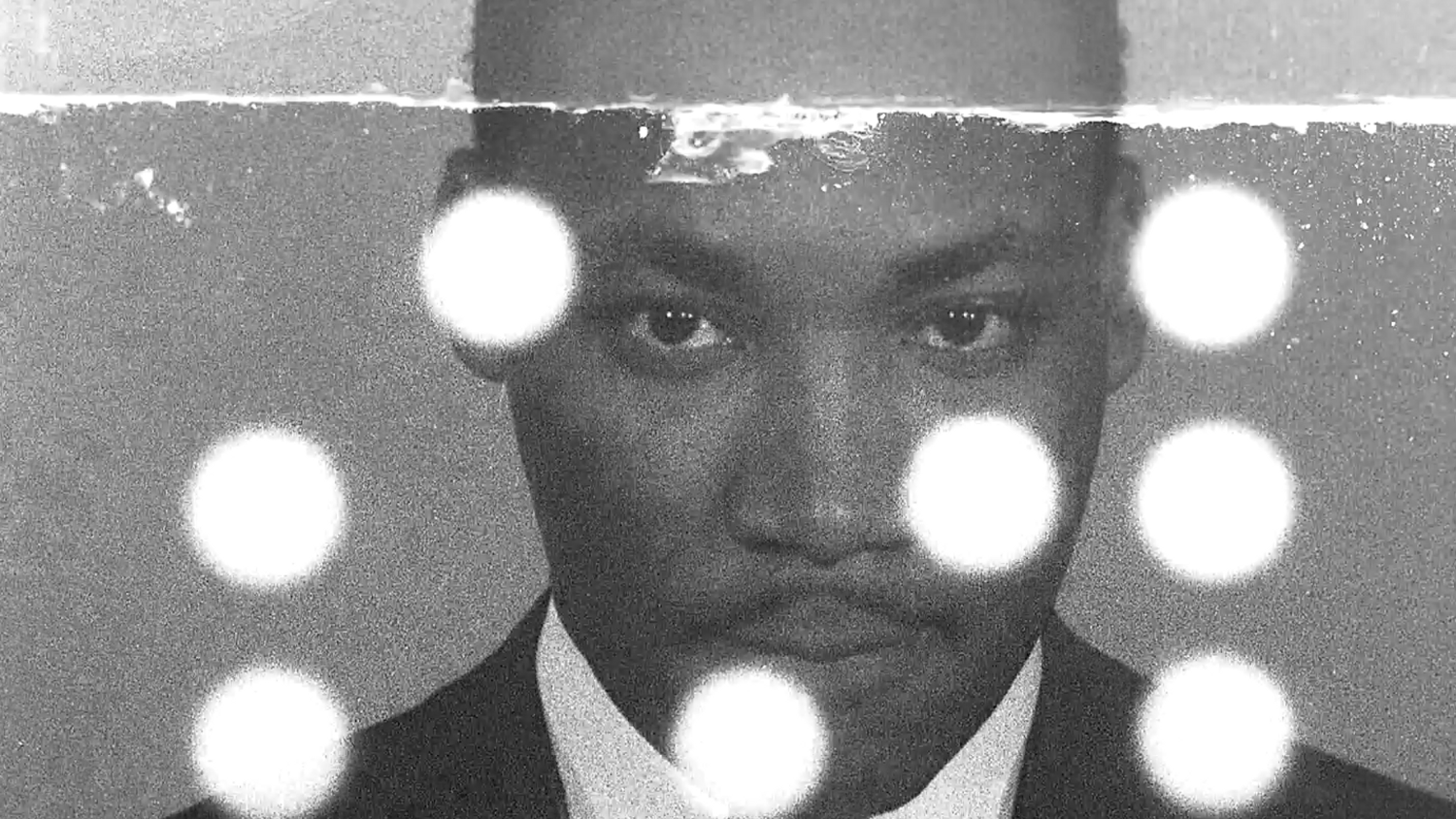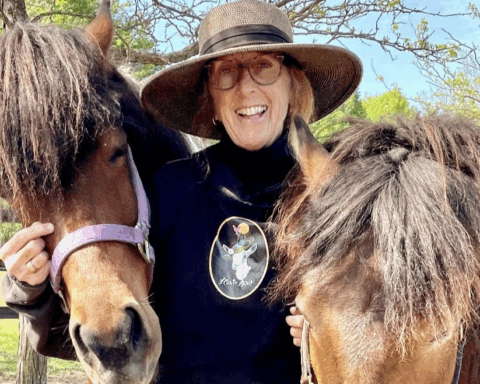Summertime
(USA, 95 min)
Dir. Carlos López Estrada
Is poetry the earliest form of documentary? Summertime is easily the kind of film that John Grierson might have had in mind when he called documentary “the creative treatment of actuality.” Summertime is not a documentary per se, but it’s not really a drama. This innovative work by Carlos López Estrada (Blindspotting) is slam poetry in feature film form. Summertime calls to mind Ron Mann‘s Imagine the Sound and Poetry in Motion, styled as a modern musical. It draws upon the words 25 young Angelenos as they put their experiences into rhymes. Summertime features one mic drop of a performance after another as it filters the daily lives of diverse youths into a cinematic walking tour of L.A. It’s La La Land with an edge, performed by the people who know the City of Angels inside and out.
Each poet plays a character inspired by himself or herself, assumes his or her own name, and enjoys a few moments to shine. Some poems jive in a loose narrative, while others are seemingly random encounters. Tyris Winter, for example, proves a highlight in his storyline about enjoying his last day together with besties/fellow poets Amaya Blakenship and Bene’t Benton.
Tyris, loud and proud with an afro pick in his hair and slick plastic suspenders, straddles an in-between place as a born-and-bred Angeleno and a nouveau yuppie hipster as he evaluates the changing nature of the city based on how old-school or trendy the restaurants are. Dropping poems in the form of dis-laden Yelp reviews, he sets the bar early in the film and pops up frequently as he struts through L.A. owning his Blackness and queerness with the rhythms that fly off his tongue faster than burgers off the local griddles.
Listen to the City
Bryce Banks and Austin Antoine, meanwhile, offer a rallying point for the freestyle community in their performances as Anewbyss and Rah. The duo draws the attention of a record producer while pushing self-made tracks on the street. They quickly become unlikely heroes to Angelenos as they impress folks not by singing about bitches, hoes, and Benjamins, but by paying tribute to their mommas with irresistibly cheesy lyrics.
Maia Mayor similarly owns one of Summertime’s baddest beats with “I’m Gay.” The poem sees her character, Sophia, confront an ignorant white dude who makes a flagrant display of homophobia on the bus while manspreading on the priority seats. She definitely stands up for her queer peers and challenges his discomfort with a boldly in-your-face assertion of their right to live openly without fear or judgment. It’s a strong moment, and one of Summertime’s most overtly and effectively political episodes. However, Sophia disappears from the film quickly, which flags the threadbare narrative that holds Summertime together. (Mayor also voices the introductory poem.) Alternatively, Raul Herrera brings the film to a strong finale with “Clouds,” an ode to hopes and dreams that leaves one inspired, but also wishing that Summertime gave him more time earlier in the film.
“Shallow” and “Red Lipstick”
Other poets admittedly benefit from getting a unique moment with dramatic emphasis. Marquesha Babers, for example, delivers a showstopping moment that draws upon a therapist’s advice to voice fears through rap battles. (The therapy is one of the loose connecting threads for the poems.) Babers confronts a former flame with “Shallow” and delivers the most heartfelt and emotional reading of the film. It’s a stunner.
The choreography by Andrew Wingart, similarly, lets the poets breeze through the city. Wingart’s grandest number is easily the choreography that pairs with “Red Lipstick” by Paolina Acuña-González. As the young woman schools her mother on her right to self-expression, Summertime struts out a chorus line of sizzling waitresses that could stop traffic on the LA freeway. It’s an inspired moment, albeit one that highlights the film’s unevenness.
López Estrada finds some connective tissue in the authenticity of L.A. streetscapes. Documentary footage captures the street art with which fellow artists tag their place in L.A. A recurring tag artist, Jason, connects some threads by labelling the walls of alleys and bodegas with his brand. It’s a loose thread, but an amusing one.
A New City Symphony
López Estrada captures an admirably diverse snapshot of L.A. through these poets. The film is an authentic and innovative work . Summertime carves a unique cinematic space by speaking the language of its creators—all of whom are credited as writers for their poets that fuel the journey. Summertime features poets of all races, genders, sexual identities, and, most amusingly, dietary habits. It celebrates and sends-up contemporary wokesterism in equal measure. Folks who are the butt of one joke fuel another. Trendy avocado-toast-loving hipster-vegans might get told in one verse, but they then get to roast their basic cheeseburger scarfing neighbours in the next.
The film works as an episodic rap battle as poems interact in a call and response. The poems build emotion, drama, and suspense as the sounds of the city mingle in harmony. It’s a poetic anthology about the power of owning your piece of the city and inviting others to share it. Summertime is a city symphony film fuelled by authentic urban beats.
Summertime is now available in digital release.













